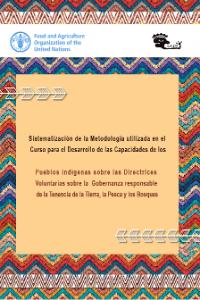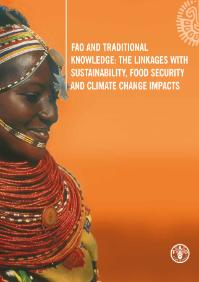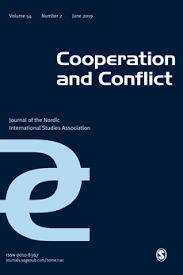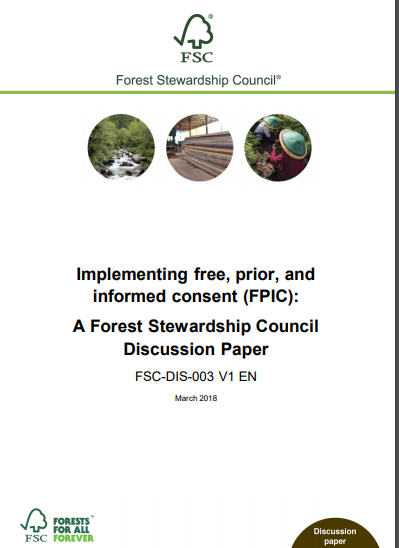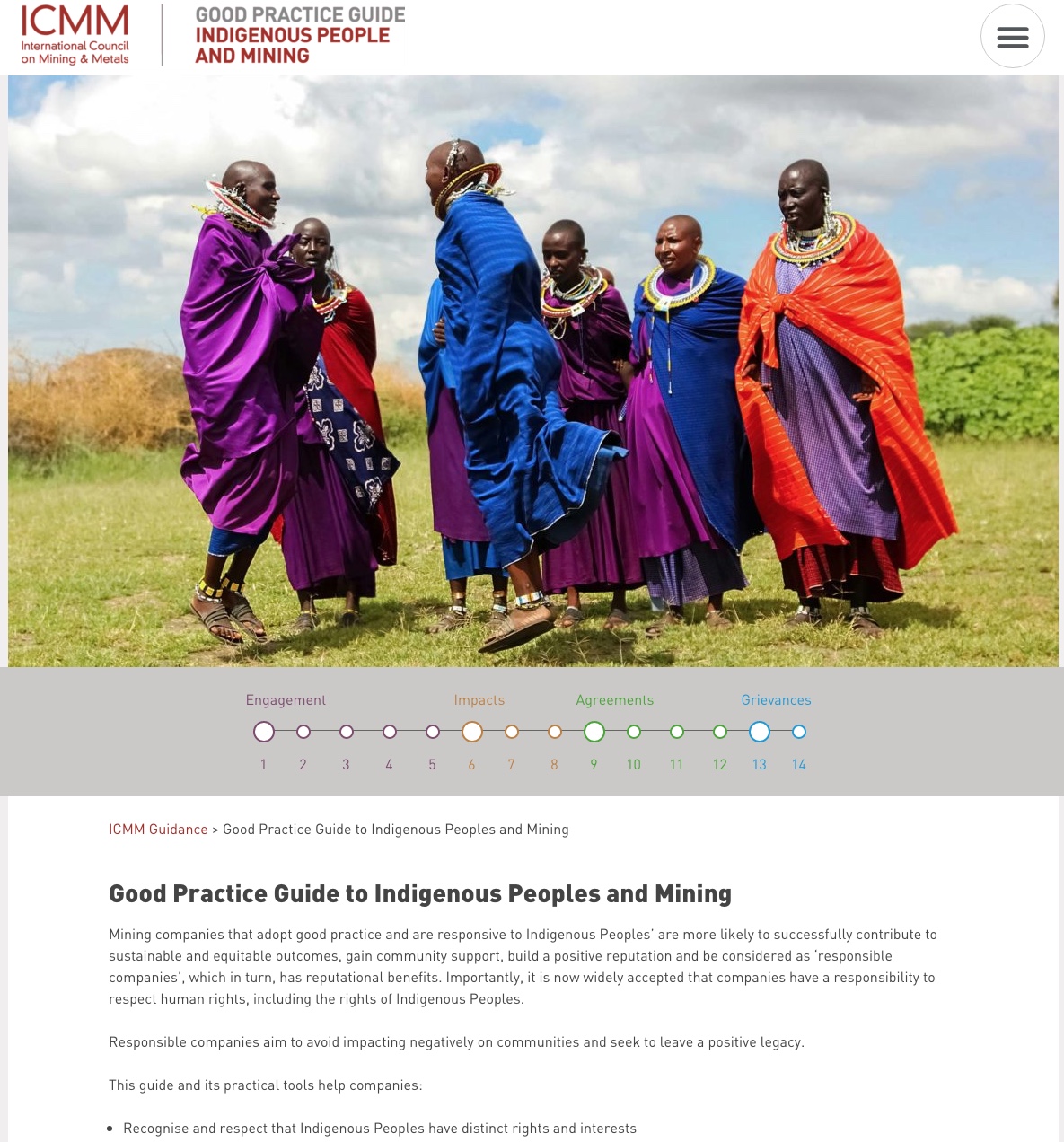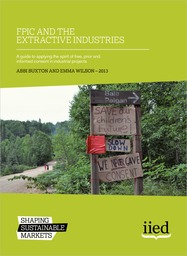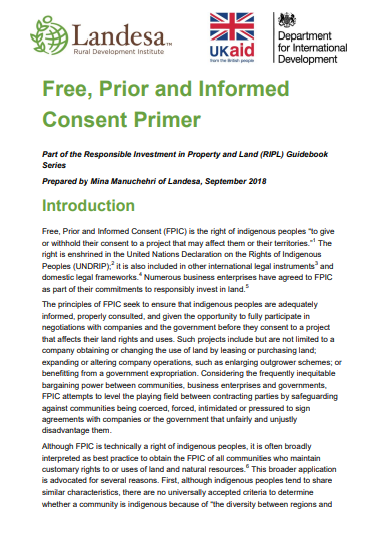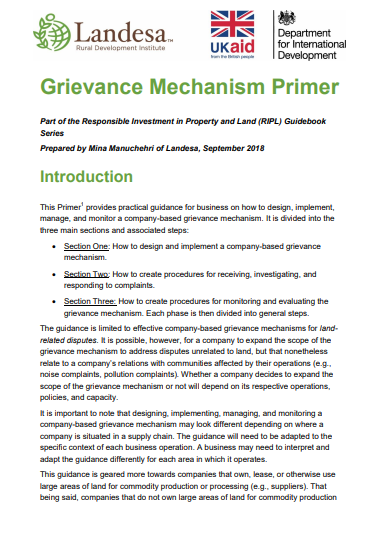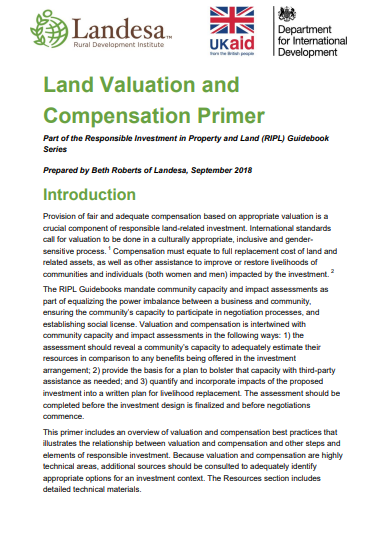Sistematización de la metodología utilizada en el curso para el desarrollo de las capacidades de los pueblos indígenas sobre las directrices voluntarias sobre la gobernanza responsable de la tenencia de la tierra, la pesca y los bosques
En 2016, el Centro para la Autonomía y el Desarrollo de los Pueblos Indígenas (CADPI), junto con el equipo de Pueblos Indígenas de FAO y el apoyo técnico del equipo de Tenencia de la Tierra de FAO, implementaron un programa de desarrollo de capacidades para y con los pueblos indígenas de Mesoamérica sobre las Directrices voluntarias sobre la gobernanza responsable de la tenencia de la tierra, la pesca y los bosques en el contexto de la seguridad alimentaria nacional (VGGT).

